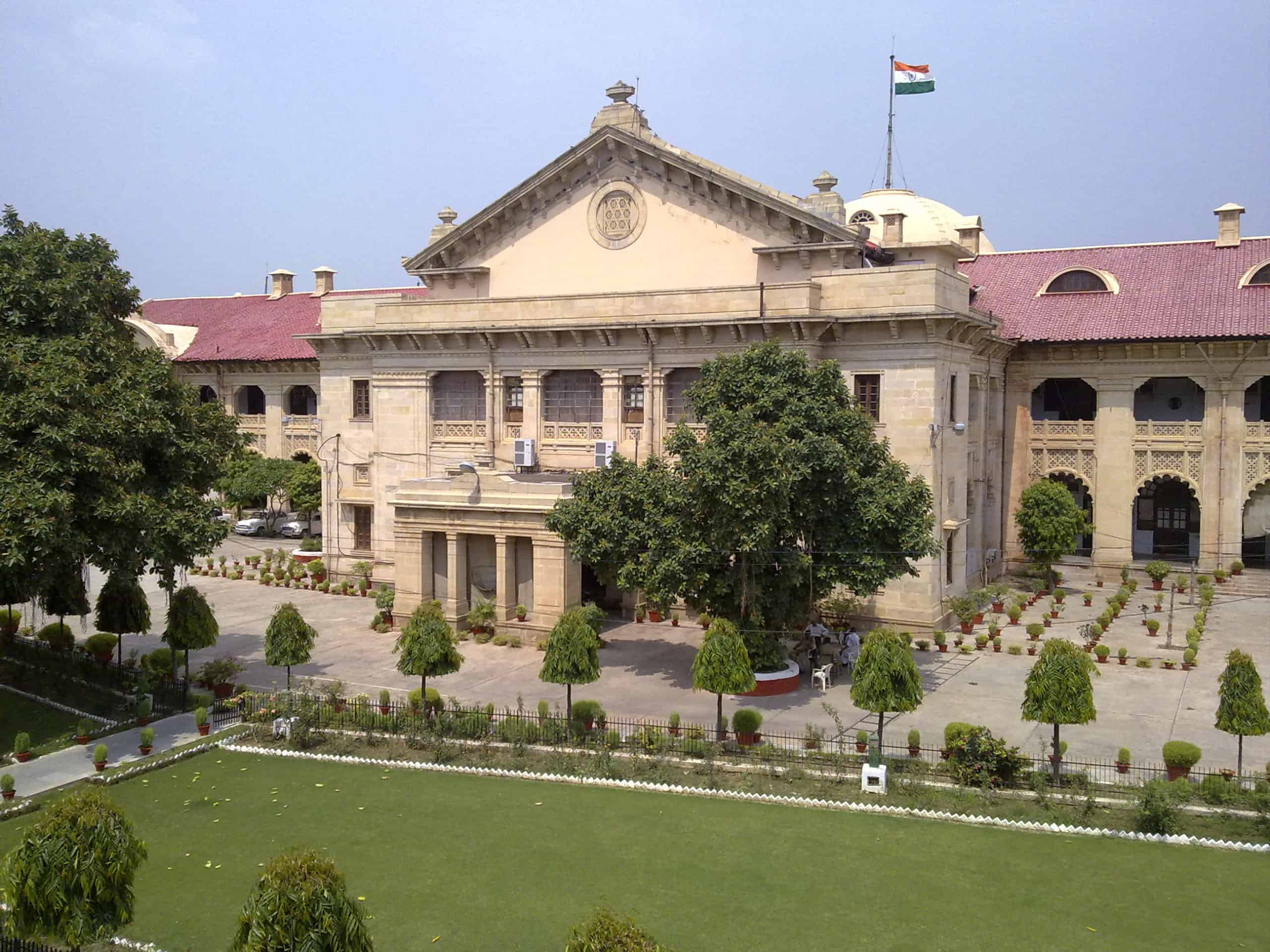The Centre, in the Supreme Court on Wednesday, backed its committee’s recommendation to retain the ₹8-lakh annual income criterion to identify the economically weaker sections (EWS) of society as the “best way forward” and urged the court to let NEET counselling continue.
Appearing before a Bench of Justices D.Y. Chandrachud and A.S. Bopanna, the government said it would not let anything come in the way of Other Backward Classes (OBC) and “poorest of the poor” getting the benefits of reservation.
“We, as a government, will not accept any position whereby OBC or EWS is deprived of something that is legitimately due to them,” Solicitor General Tushar Mehta submitted.
The government, meanwhile, said the NEET admission process could not wait for the conclusion of “lengthy arguments” in court.
The court was hearing the case urgently following the government’s repeated oral requests on January 3 and 4 to list the case as NEET counselling was in limbo.
Doctors’ protests
On Wednesday, Mr. Mehta said the government’s statement in court on November 25 to put NEET counselling on hold while reviewing the EWS criteria had “never anticipated” the current situation. Resident doctors had clashed with the police amid protests in the Capital after the counselling process was suspended following the November 25 hearing.
“Graduate and postgraduate counselling are stuck. We feel their [doctors’] issue is genuine. We need to respond to the bona fide request of doctors… There is a justified request from resident doctors to continue with the counselling… Society cannot go into lengthy arguments with the situation now… Let us proceed with the counselling,” Mr. Mehta conveyed a sense of urgency.
But senior advocate Arvind Datar, for a petitioner, questioned the government’s plea to allow NEET counselling process to resume. “By counselling, does he [Mr. Mehta] mean the government will conclude NEET medical admissions on the basis of ₹ 8 lakh limit,” he asked.
The government committee report showed that no exercise was undertaken before the ₹8 lakh threshold was fixed to identify EWS. “There was no application of mind… And now they are trying to justify the ₹ 8 lakh limit,” he stated. The cloud of doubt about the ₹8 lakh limit has led to a serious situation. “The entire counselling has been stopped,” he observed.
The case started in the apex court with several NEET aspirants challenging a July 29, 2021 notification of the Centre announcing 27% quota to OBCs and 10% reservation to EWS in the All India Quota (AIQ) for NEET.
The hearings, however. took an unexpected turn in October-November last year when the court itself started questioning the very basis of the income criterion of ₹ 8 lakh to determine EWS, asking whether the figure came out of “thin air” or was even an automatic adoption of the OBC criteria.
Panel submits report
After initially agreeing to place on record data supporting its ₹ 8 lakh limit, the government sought four weeks to “review” the EWS criteria on November 25. Subsequently, a three-member review committee formed by the government submitted a report on December 31, concluding that ₹ 8 lakh was indeed a “reasonable” income limit to determine EWS.
The committee went on to say that the ₹ 8-lakh criterion had worked smoothly to identify and provide EWS quota to deserving candidates in the UPSC exams, NEET-UG and JEE (Mains), separately since 2019.
“But the fundamental question asked by Your Lordships to the government was whether any study was undertaken before the announcement of the ₹ 8 lakh limit. There is no such exercise, as is apparent from the committee report,” Mr. Datar persisted on Wednesday. He submitted the NEET admission for 2021-2022 should resume as per the “old system” prior to the July 29 notification.
‘Grossly unfair’
Senior advocate Shyam Divan, for another petitioner, said the July 29 notification came five months after the NEET admission process commenced in March. “The government cannot change the rules of the game after game has begun. This is grossly unfair,” he submitted. He also questioned the OBC quota in AIQ.
Hearing this, senior advocate P. Wilson strongly objected, saying the OBCs had been given reservation under the law and should not be deprived of a benefit confirmed by the highest courts and the law.
The court adjourned the hearing to Thursday.
Source Link



